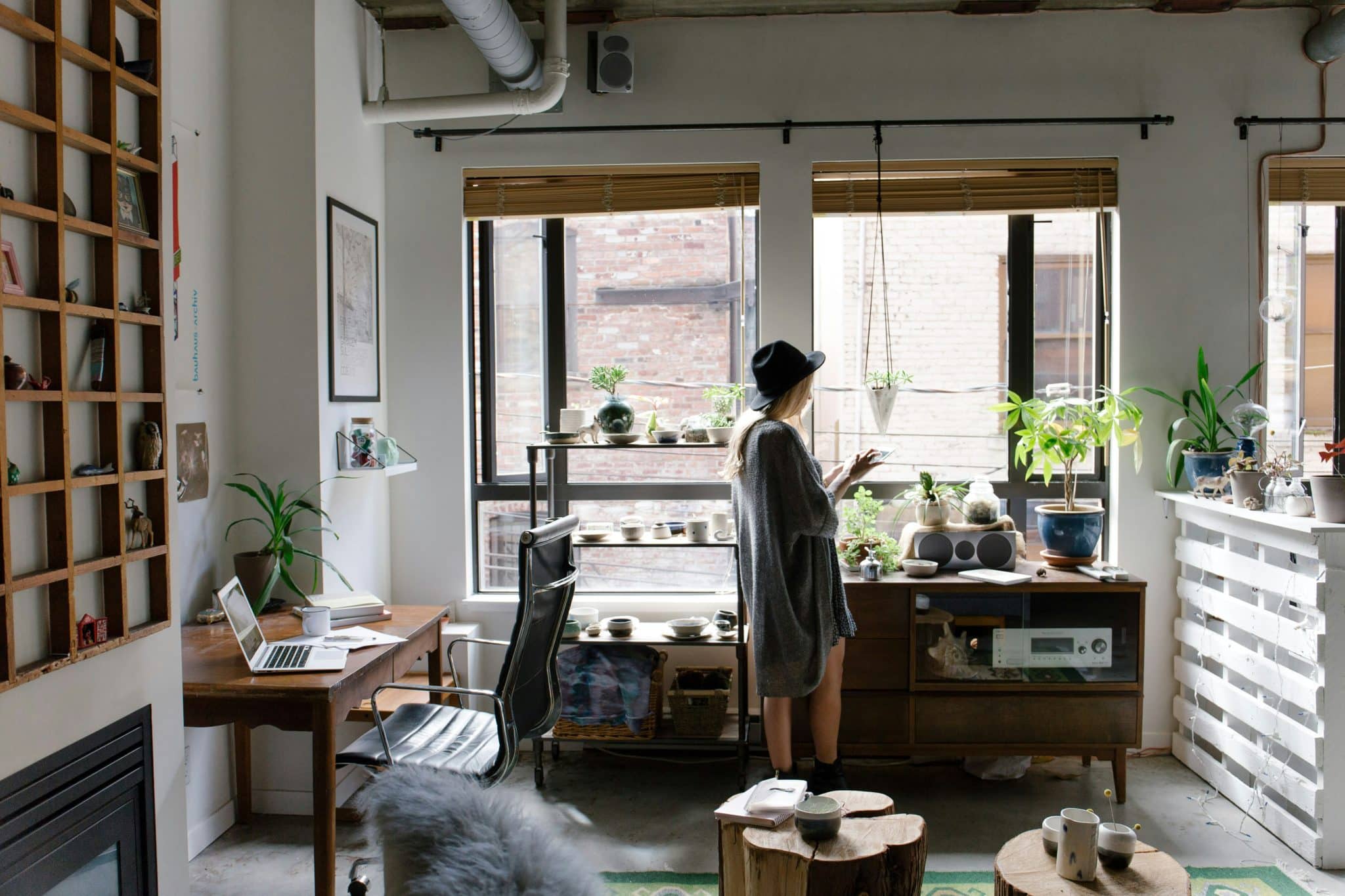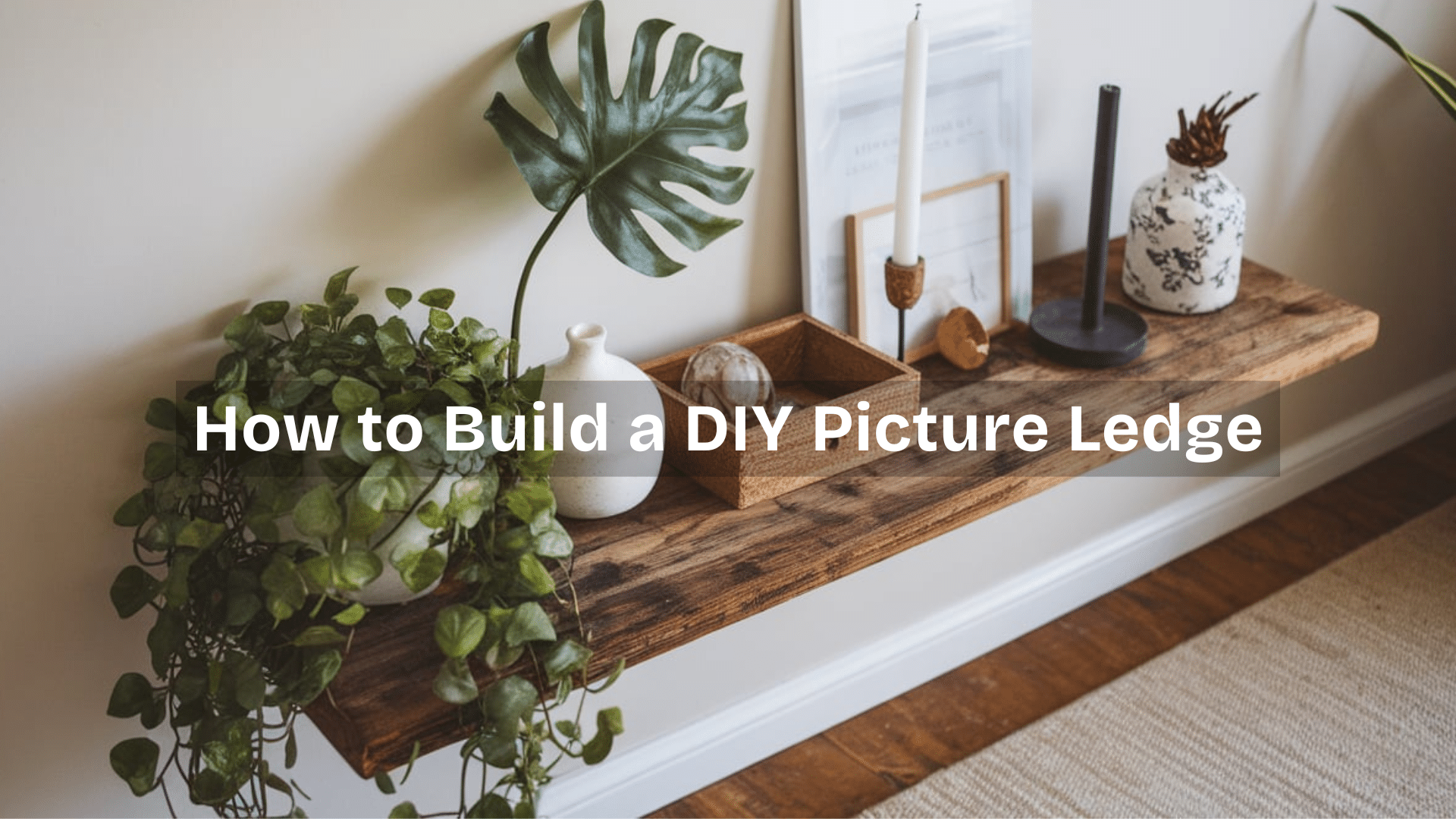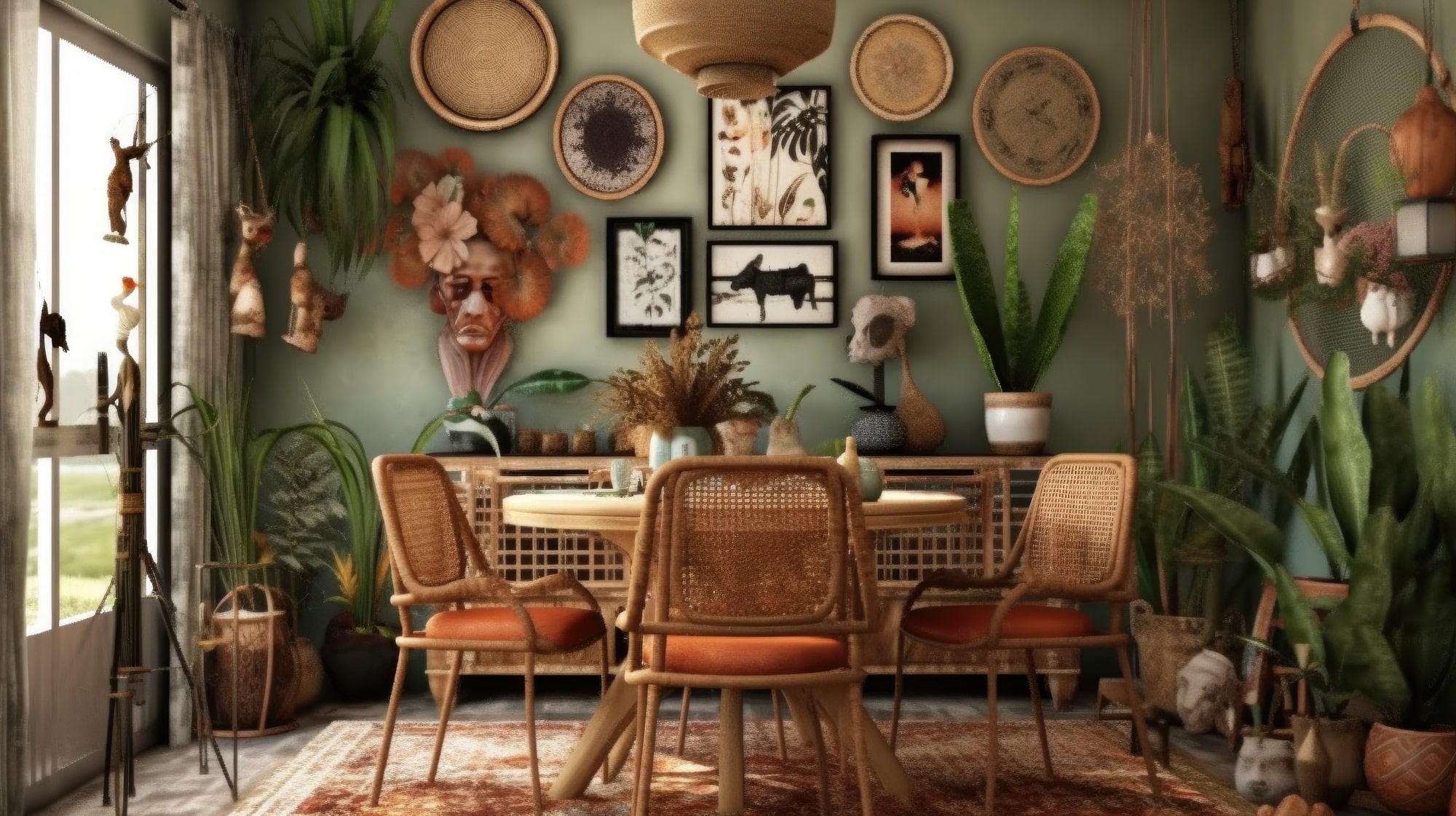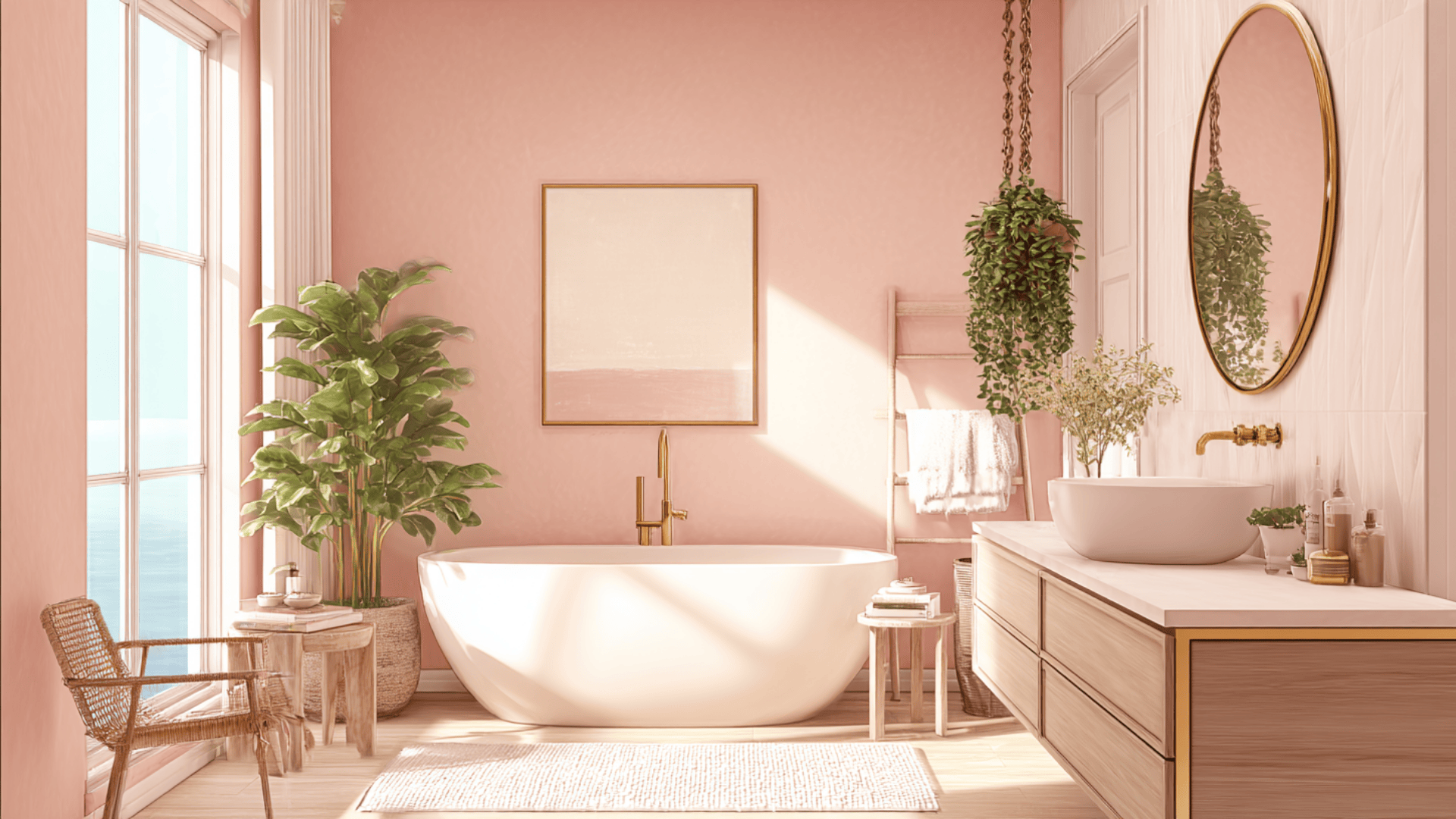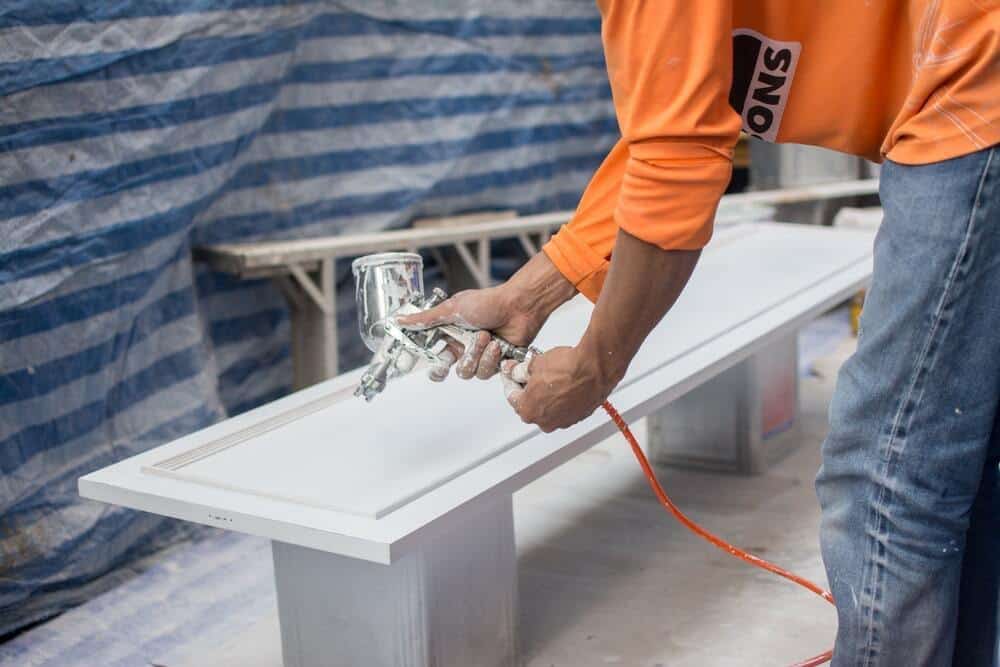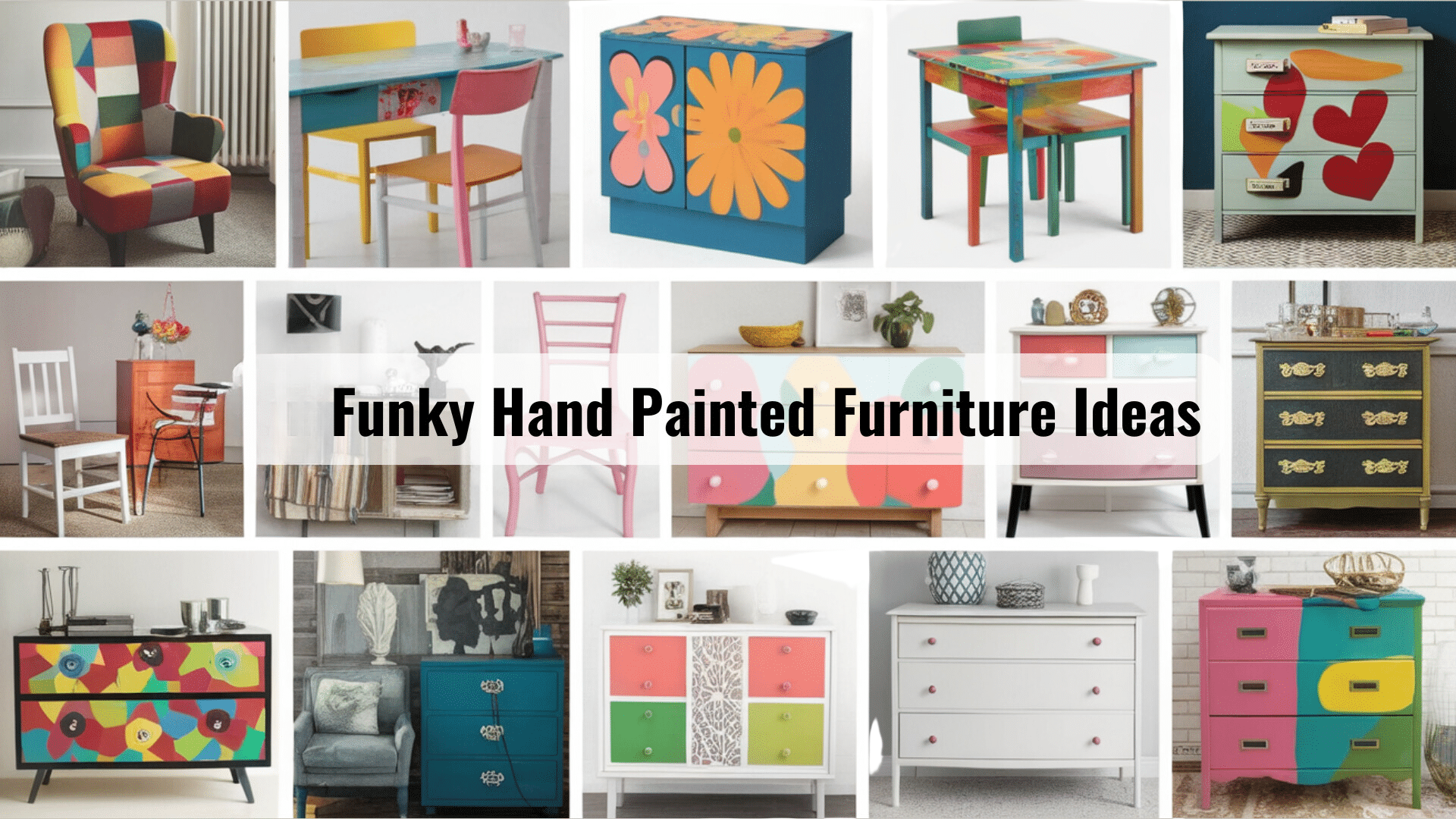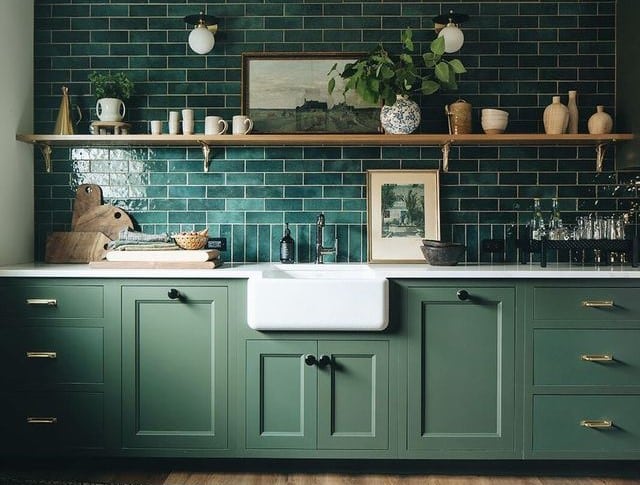From Passion to Profession: Transitioning into a Home Decorator Career
Have you ever walked into a room and immediately thought about how you would design it? If your heart beats for transforming spaces, turning your passion for home decorating into a profession might just be your calling. Let’s explore how you can make this dream a reality, one step at a time.
Understanding the Role
Imagine transforming spaces with a magic touch that brings color, life, and personality into every corner. That’s the essence of being a Home Decorator, a role where creativity meets practicality to create environments that resonate with beauty and functionality. Unlike their counterparts, interior designers, home decorators zero in on the artistry of space—manipulating furnishings, hues, and accessories without altering the canvas of the structure itself.
What Are My Key Responsibilities?
Diving into the heart of a client’s vision, a home decorator embarks on a journey of discovery—unearthing styles, aspirations, and the very essence of what makes a space feel like home. From the spark of an initial concept to the selection of just the right piece of decor, the process is a dance of balance and beauty. It’s about planning layouts that sing in harmony and navigating the maze of project management with grace and precision.
What Skills Do I Need?

What does it take to thrive in this colorful world? A dash of creativity, a spoonful of communication finesse, and an eye that sees the details others might miss. Organizational skills are your hidden superpower, allowing you to orchestrate the chaos of creativity into a symphony of styled spaces.
Will There Be Opportunities for Me?
Whether striking out solo, teaming up with design firms, or bringing flair to retail, the path of a home decorator is as varied as the palettes they play with. While a formal backdrop in interior decorating can set the stage, it’s the passion for trends, the hunger for design, and the joy of transformation that truly define success.
Assessing Your Fit for the Career
It’s one thing to love the idea of transforming spaces and another to turn that passion into a fulfilling career. How do you figure out if you’re cut out for this? Well, the journey starts with a bit of self-reflection and perhaps a sprinkle of real-world testing.

First off, ask yourself the hard questions. Do you find joy in rearranging your living space? Does the thought of color palettes, textures, and furniture placement excite you? If you’re nodding along, you’re on the right path. But passion alone isn’t enough; you also need a certain set of skills—like a keen eye for detail, creativity, good communication, and perhaps most importantly, the ability to visualize and execute a concept from start to finish.
Now, are there tests to help you evaluate if indeed this is a career suitable for you? While you might not find many design firms using professional assessments to gauge your potential, don’t underestimate the power of testing your foundational skills through platforms like Assessment-Training.
These tests are like your personal career compass; they’re not just about ticking boxes but sharpening those crucial problem-solving and critical thinking muscles you’ll need to transform spaces that wow your clients. Plus, acing these assessments can give you a leg up when you’re ready to dive into the job market.
Think of it as doing your homework before the big exam — a bit of prep can go a long way in proving you’ve got the eye for design and the brain for business.
Also remember that the real test comes from putting your skills and passion into practice. Volunteer to decorate a friend’s house or take on a project in your own home. Document your process, the challenges you face, and how you overcome them. This hands-on experience is invaluable and will teach you far more about your readiness for a career in home decoration than any online quiz ever could.
Building Your Skills
To boost your qualifications, you may opt to pursue formal education in interior design or teach yourself through online courses and practice. Regardless of your path, focus on honing the skills mentioned above. Remember, practice makes perfect, and every project, no matter how small, is an opportunity to learn and grow.
Gaining Experience

Experience is invaluable in the home decorating world. Start by taking on small projects for friends or family. This not only helps you build your portfolio but also gives you a taste of real-world challenges and solutions. Consider volunteering your services to local nonprofits or community centers. Networking with professionals in the industry can also open doors to apprentice or assistant roles where you can learn the ropes.
Creating a Portfolio
A solid portfolio is your ticket to attracting clients. It should showcase a range of styles and spaces, highlighting your versatility and skill. Include before-and-after photos, design concepts, and detailed descriptions of your projects. Your portfolio reflects your unique style and approach to design, so make sure it stands out.
Launching Your Career
With skills honed and a portfolio in hand, you’re ready to launch your career as a home decorator. Start by setting up the basics of your business, including a catchy name, business cards, and a professional website. Instagram and Pinterest, among other popular social media platforms, can also be powerful tools for showcasing your work and attracting clients.
Continuing Education and Growth
The home decorating industry is always evolving, with new trends emerging every season. Keep your skills razor-sharp and stay ahead of the game by investing in your education. Sign up for exciting workshops and pursue advanced certifications to unlock new opportunities and achieve your career goals. Expanding your services to include home staging, color consulting, and other related offerings can also help you attract a broader range of clients.
The World of Home Decorating Awaits Your Transition
Transitioning from a passion for home decorating to a professional career is a journey that requires dedication, skill, and a bit of creativity. To turn your dream into a reality, start by assessing your aptitude, building your skills, and gaining experience.
Remember, every great designer started somewhere. With hard work and perseverance, you, too, can create beautiful spaces that make a house feel like a home. So go ahead, take that first step on your path from passion to profession. The world of home decorating awaits!

